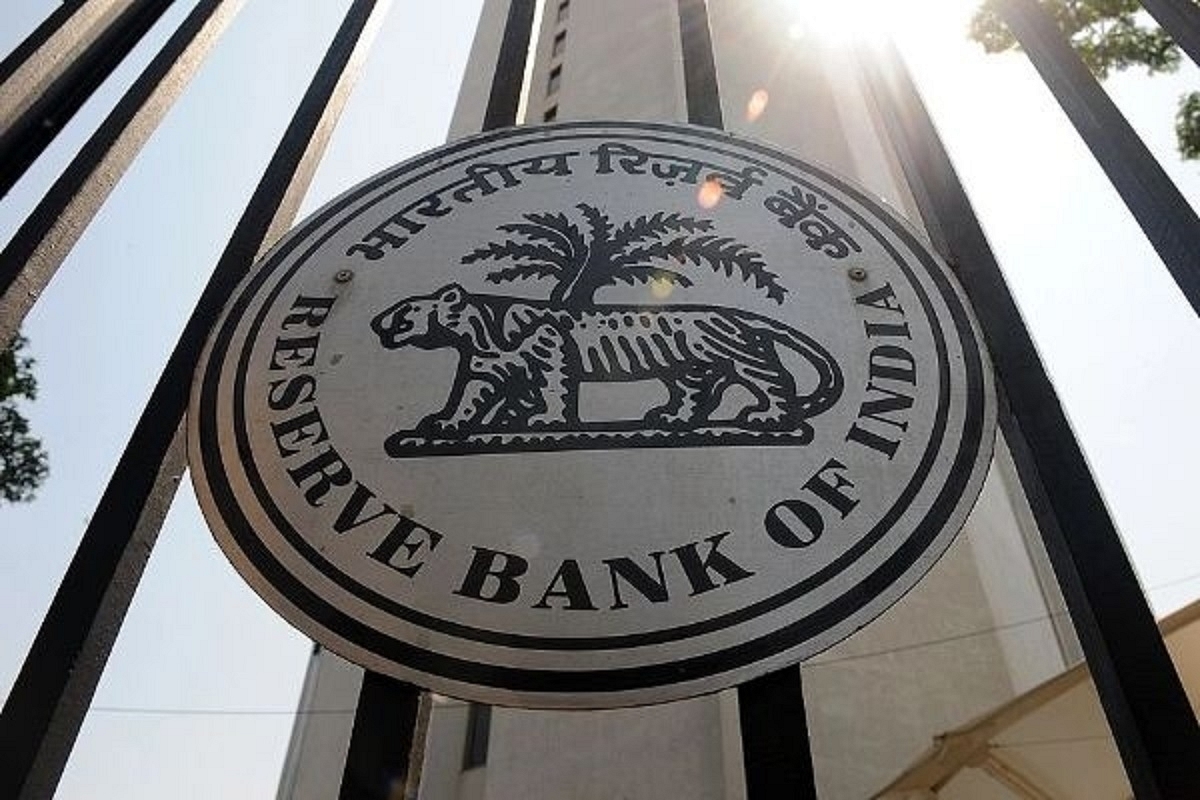Analysis
Explained: Why Did The RBI Cancel Auction For Sovereign Bonds Worth Rs 17,000 Crores?
- The Reserve bank of India on Friday (Dec 31) cancelled the primary auction of bonds worth Rs 17,000 crores as the central bank looks to maintain lower yields.
- While the yields in the secondary markets have risen on expectations of higher fiscal borrowing and increasing inflation, the RBI has said that it is not in a hurry to increase rates.

RBI headquarters in Mumbai. (INDRANIL MUKHERJEE/AFP/Getty Images)
The Reserve bank of India on Friday (Dec 31) cancelled the primary auction of bonds worth Rs 17,000 crores as the central bank looks to maintain lower yields.
The bids for the weekly auctions were made with higher yields in mind, which the central bank was not too comfortable with. The bonds consisted of a set of floating rate bonds maturing in 2028 worth Rs 4,000 crores, and a set of bonds with a coupon of 6.1 worth Rs 13,000 crores. However, the auction of long term 40 year set of bonds worth Rs 7,000 crores managed to sail through.
Usually when market participants bid too low, the RBI would let the bonds devolve onto primary players. However, this time, it did not allow the devolvement to take place as well. Possibly a devolvement could lead to a rise in yields. A large difference in RBI’s cut-offs and the implied yields in the bids could point to differences between the markets’ expectations and RBI.
While the yields in the secondary markets have risen on expectations of higher fiscal borrowing and increasing inflation, the RBI has said that it is not in a hurry to increase rates.
With rising global oil prices, markets expect the fiscal deficit to increase. Oil, as an asset class, has surged the highest in 2021 as compared to the last 12 years. In addition, a large issue of bonds in weekly auctions has helped push stocks upwards.
The Monetary Policy Committee (MPC) believes that inflation is probably temporary and should not have a long term effect on the economy. In addition, the committee believes that the economic growth has not demonstrated itself to be sustainable and self-sustaining. Hence, an increase in interest rates has been off the table till now.
“The MPC has judged that the on-going domestic recovery needs sustained policy support to make it more broad-based. Considering it appropriate to wait for growth signals to become solidly entrenched while remaining watchful on inflation dynamics, the MPC decided to keep the policy repo rate unchanged at 4 per cent,” the central bank said.
However, the Bank is simultaneously is removing excess liquidity from the system through variable rate reverse repo auctions.
The ten year bond has seen yields rising, jumping to a 20 month high. Previously, rates has spiked in April as investors looked to move to safer assets during the beginning of the Corona virus pandemic.
Overall, in 2019 and 2020, yields fell 66 basis points and 82 basis points respectively. However, 2021 saw yields rise by 55 basis points.
Bonds with shorter durations have seen yields rising due to the central bank lowering liquidity in the system.
In a recent report, the central bank had highlighted that the weight average cost of governmental borrowing has been rising in tandem with yield movements in the sovereign debt market. Quite a few banks and non-banking financial companies (NBFCs) have increased their deposit rates signalling expectations of interest rate rises as well.
“The quarterly weighted average cost of incremental government borrowing has inched up in line with market benchmark yield movements,” the RBI report said.
Several market participants expect bond yields to rise in 2022 while the rupee declines in the short term.
Support Swarajya's 50 Ground Reports Project & Sponsor A Story
Every general election Swarajya does a 50 ground reports project.
Aimed only at serious readers and those who appreciate the nuances of political undercurrents, the project provides a sense of India's electoral landscape. As you know, these reports are produced after considerable investment of travel, time and effort on the ground.
This time too we've kicked off the project in style and have covered over 30 constituencies already. If you're someone who appreciates such work and have enjoyed our coverage please consider sponsoring a ground report for just Rs 2999 to Rs 19,999 - it goes a long way in helping us produce more quality reportage.
You can also back this project by becoming a subscriber for as little as Rs 999 - so do click on this links and choose a plan that suits you and back us.
Click below to contribute.
Latest